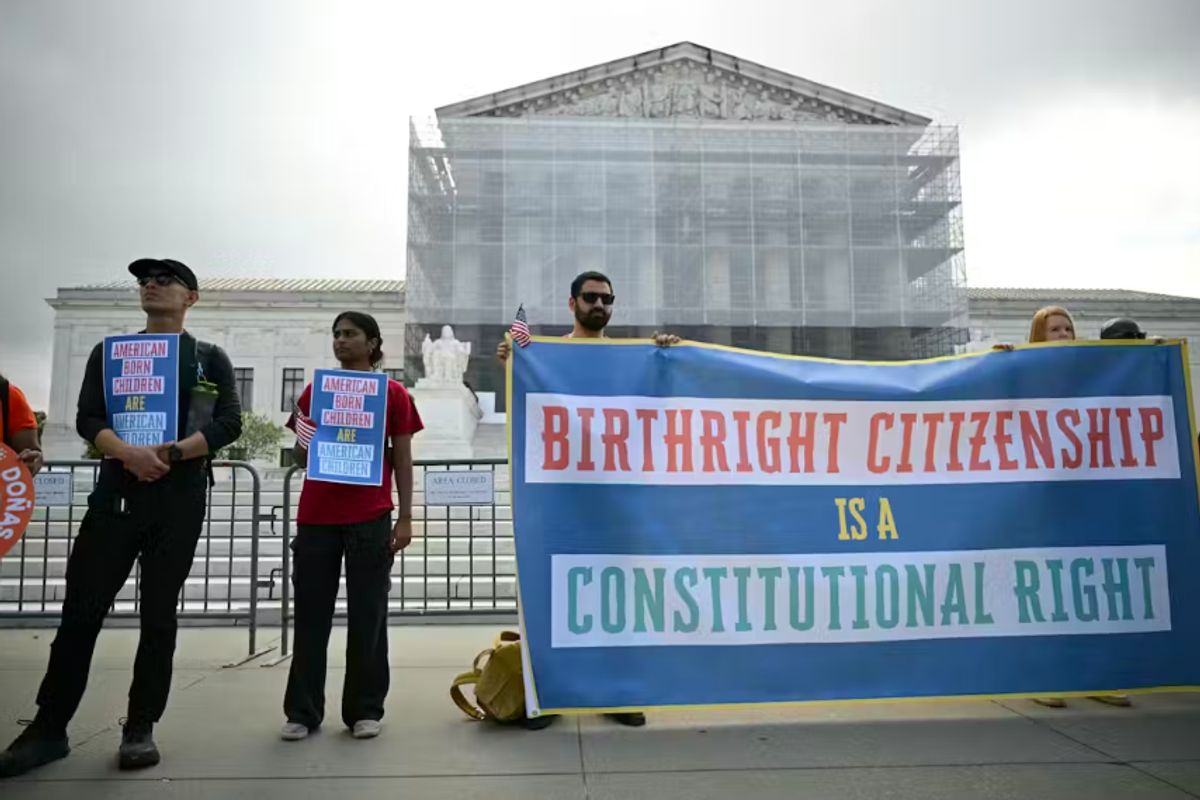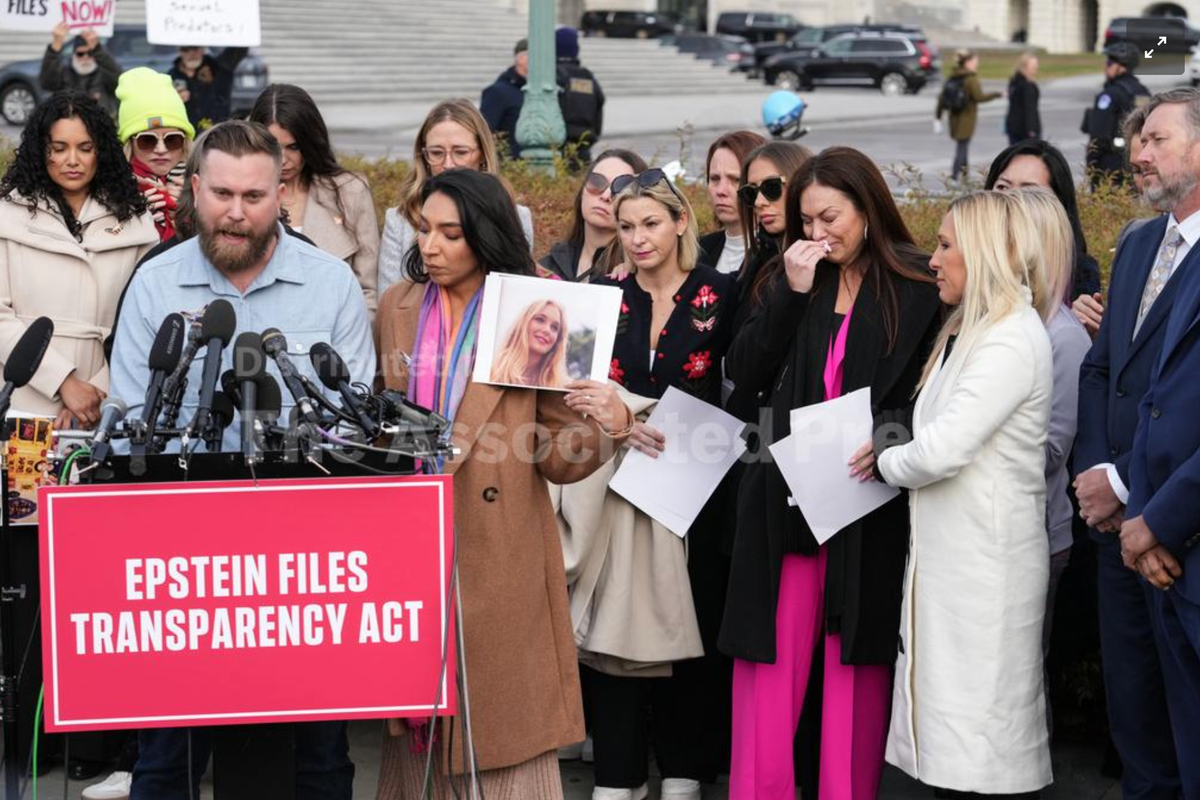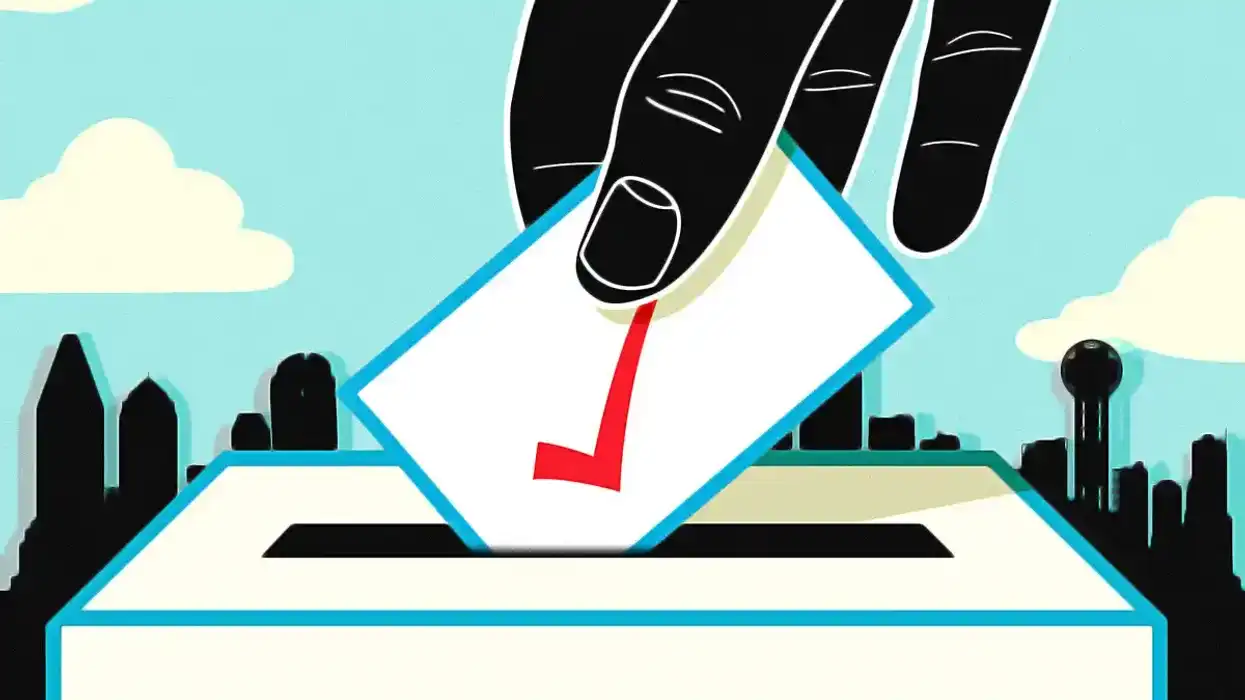Long is a senior strategic communications consultant.
The purposeful company has worked its way into the mainstream. Vague expectations are tightening into tangible measurements, tracking software, reporting systems and certification s. Companies’ responses – surpassing corporate social responsibility projects and adapted PR language but rarely reaching B Corporation status – draw on external consultants from the emerging purposeful industry to integrate business strategies with not-for-profit perspectives.
Commentaries focus on this current mainstreaming, leaving unanswered where these expectations and responses are taking companies – along with the rest of us – over the coming decade.
The decade is unlikely to see purposeful expectations significantly shift or be supplanted by contradictory expectations as in the 1980s and 1990s, when companies prioritized stockholders in line with The Business Roundtable’s 1997 Statement on Corporate Governance modeled by Jack Welch’s management style of the GE behemoth. This prioritization was part of a larger downswing Harvard political scientist Robert Putnam described as pulling the U.S. back to individualistic Gilded Age business-society-government relations. Although still in progress, this downswing will not change the flavor or decrease the intensity of purposeful company expectations but may influence those expectations with related personalization and partisanship trends.
Advancing these expectations will be the millennials and Gen Zers dominating the coming decade’s consumers, employees and influencers. Expected to peak in the 2030s, they already claimed an equal population share as baby boomers and Gen Xers by 2019. Their numbers and belief alignment strengthen their collective purposeful expectations, internalized during childhoods influenced by relevant trends such as bipartisan ozone layer action; the anti-sweatshop and fair trade movements; and the NGO industry’s rise. They now act on this internalization with purposeful brand and employer choices that they then link to their identity.
The strength of this identity linkage, demonstrated by their willingness to spend more for products and change employers despite financial anxiety, suggests its durability. As belief-driven consumers, they will not only favor brands manifesting integrity over innovation but will also avoid if not boycott brands for statements or actions misaligned with their values. As “ belief-driven employees,” they will remain longer with purposeful employers demonstrated by Deloitte Global 2022 Gen Z & Millennial Survey findings that 36 percent of Gen Zers and 37 percent of millennials rejected positions or assignments given ethics. These responses increased to 46 percent for those in senior positions, suggesting they will exert purposefulness in future C-Suite and board positions.
These generations’ consumer push and employee pull will lead to the normalization of purposeful marketing, which is already a strong trend. Purposeful marketing will merge with growing demand for personalized marketing, resulting in consumer engagement that promotes companies’ purposefulness tailored to individuals’ values.
Marketing combining personalization and purposefulness will potentially add meaning to companies’ consumer relationships. It will also increase companies’ use of personal data for value-specific personalization that will run purposeful company expectations headfirst into surveillance capitalism ’s data privacy threats. The coming decade may make a tradeoff, accepting a degree of surveillance capitalism as a part of purposefulness given the purposeful-oriented Gen Zers’ and, to a degree, millennials’ demand for personalization despite privacy implications.
Access to this data will give companies a better grasp of Americans’ value-based interests than civil society or government, enhancing their perceived trustworthiness over other institutions. To realize that trust advantage, they will need to convert personalized value-based language into public positions.
Companies traditionally avoided public positions given the risk of blowback. With mounting consumer and employee pressure for issue-specific stands, captured by Edelman Earned Brand studies and the Edelman Trust Barometer, these public positions will become a fixture of companies’ offensive and defensive communications strategies over the decade.
These public positions will not satisfy expectations; they will instead increase demand for companies to “walk the talk” by adopting value-based action reflecting those positions. Those companies pursuing both positions and actions will – depending upon the given position – move beyond stakeholder-focused “ tangible empathy ” into active advocacy.
Purposeful advocacy will not bring a radical capitalist shift, with surveys finding most millennials and Gen Zers believe in competitive markets. Nor will it bring blind trust in companies’ purposefulness, exemplified by Deloitte ’s finding that these generations continue to perceive company’s social impact less positively and The Harris Poll ’s finding that they equate optimism with realism. Purposeful advocacy will instead make companies strategically useful to individuals as value-specific issue leverage. Such individual-led pressure fits Americans’ trust pattern, with Deloitte reporting Americans believe more in individuals (64 percent) than companies (47 percent), activists (47 percent) or governments (41%) to realize an improved future.
Edelman calls this strategic use “ brand democracy.” Although capturing value-based representation, the word democracy is too strong for several reasons including individuals’ unequal pressure on influential companies. “Selective market-based representation” may be more accurate.
Americans will not transition all representation expectations to companies but will use companies to compensate for other representation they feel is less responsive, inactive or harmful to their interests. This compensation may be especially strong for government, which New York Times/Siena College polling suggests 58 percent of Americans believe requires significant or total reform. Purposeful companies will therefore serve as a representative safety valve similar to that third parties once offered but based in the market – a platform generally perceived as working. Individuals will strategically pressure many companies for this representation because one company may represent their values on one issue (reproductive rights) yet undermining them on others (unionization).
Selective representation will likely expand beyond companies serving as value-specific issue leverage to include companies supplementing government’s insufficient or inappropriate regulatory implementation and rights protections. This supplement – already evident in those companies publicly protecting health rights and enabling employee reproductive or transgender-inclusive health care access – will further blur the public-private divide by increasing the responsibility of unelected private institutions for public goods and protections.
This blurred divide will further entangle companies – and therefore the market – in partisanship, deepen companies’ influence on individuals’ lives, complicate regulatory processes, and intensify company personhood and free speech debates. It will also contribute to inequality in that individuals will have unequal access to influential companies that align with their values, take public positions and convert those positions into action. For example, certain individuals will have more workplace support for their reproductive health rights – in some cases extending to reproductive health service access – given their employers. This inequality will increase both competitiveness for positions at specific companies and the partisan perceptions of companies along with their employees.
These developments all suggest a virtuous cycle of purposeful company growth over the decade. This cycle will create consumer-employee-company purposefulness networks oriented towards public positions increasingly translated into action. This cycle will also contribute to inequality and partisanship. Younger generations’ issue alignment may subdue the partisanship dynamic but closer to the end of the decade.


















